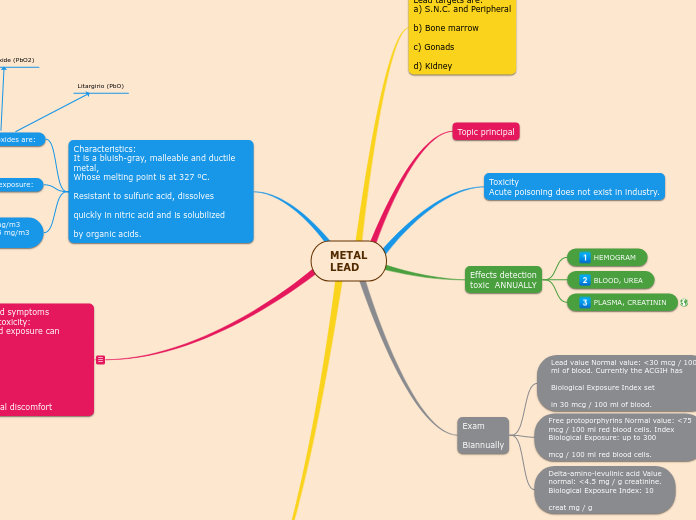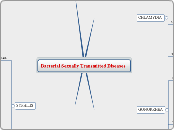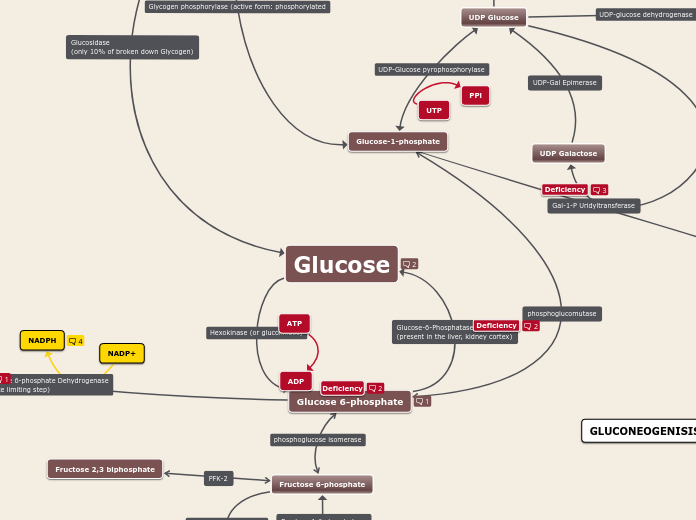door JIMMY ALEXANDER LEON LEMA 4 jaren geleden
247
METALLEAD
Lead, a bluish-gray metal, is malleable, ductile, and resistant to sulfuric acid, with a melting point of 327 ºC. Commonly used in the manufacture of accumulators and in Pb and Zn metallurgy, lead exposure primarily affects the central and peripheral nervous systems, bone marrow, gonads, and kidneys.









